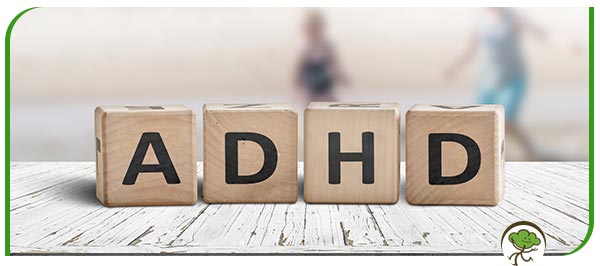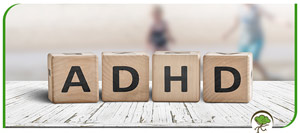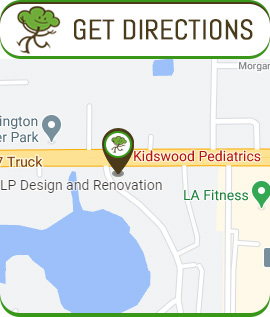ADHD Diagnosis in Children Q&A
Are you concerned that your child may have ADHD? ADHD is among the most common neurodevelopmental disorders in children. At Kidswood Pediatrics, Zully Ambroise, MD, a board-certified pediatrician, diagnoses ADHD in children after gathering their medical histories. ADHD symptoms vary from mild to severe and commonly occur due to brain damage, early delivery, and low birth weight. ADHD can make a child’s life difficult with friends, at home, and at school. An ADHD child frequently forgets or misplaces items, talks excessively, makes careless mistakes and does many other things. For more information, contact us or schedule an appointment online. We are located at 1680 Lee Rd, Winter Park, FL 32789.



Additional Services You May Need
▸ Covid Test
▸ Vaccinations
▸ Well and Sick Visits
▸ Newborn Care
▸ Preterm
▸ Sports Physicals
▸ ADHD Screening
▸ Well Child Care
▸ Flu Vaccination

Additional Services You May Need
▸ Covid Test
▸ Vaccinations
▸ Well and Sick Visits
▸ Newborn Care
▸ Preterm
▸ Sports Physicals
▸ ADHD Screening
▸ Well Child Care
▸ Flu Vaccination


